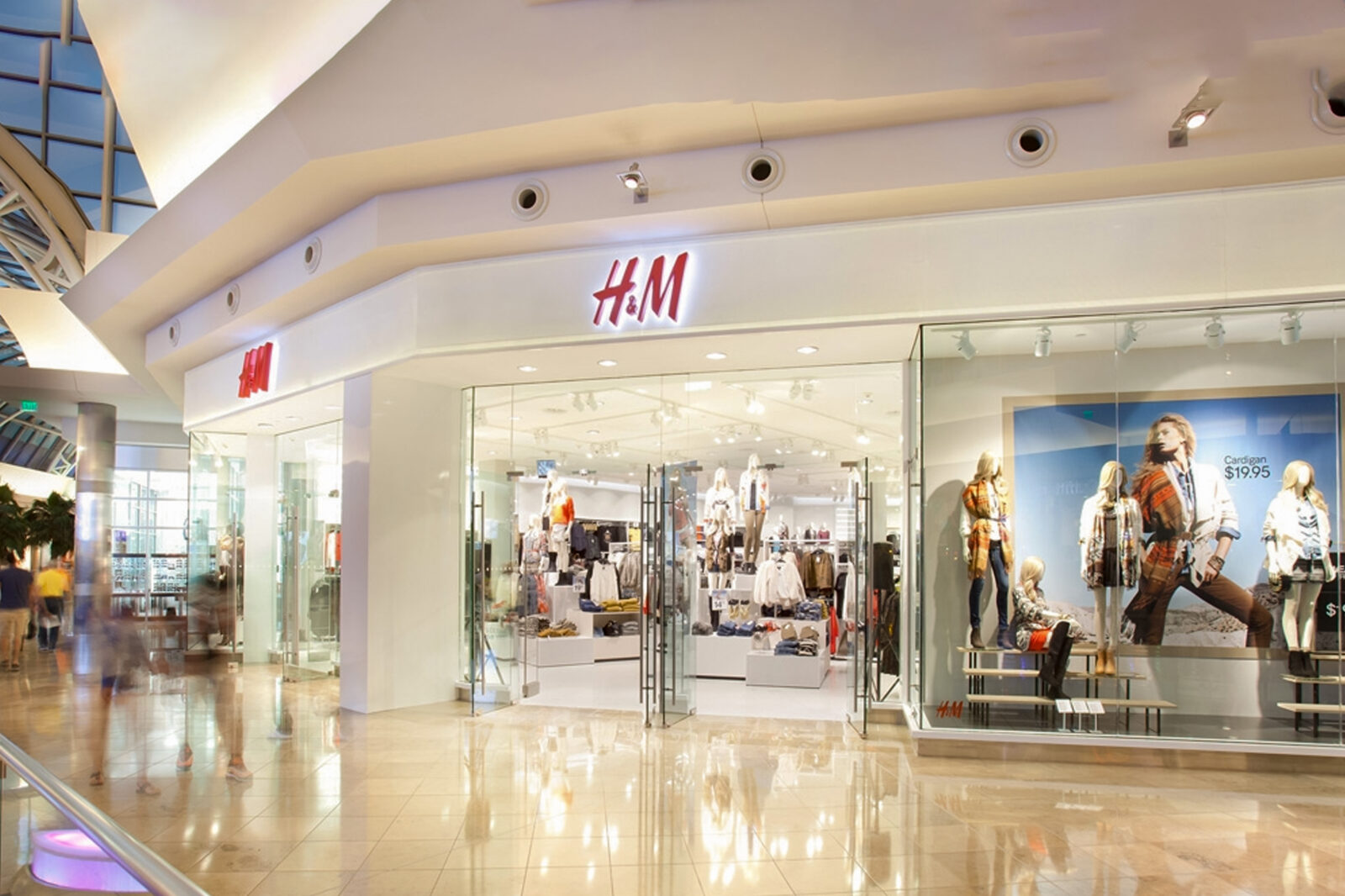Years ago, I bought a Joe Fresh shirt that was, in my eyes, perfect: comfortable, the right color, the right fit and also the right price. I walked to the checkout with a sense of accomplishment. By saving money, I felt I was practicing Christian stewardship. Each good deal would give me margin, I thought, to meet other needs and give more generously elsewhere.
What I didn’t realize at the time, however, is that low prices often have a high cost.
On April 24, 2013, the Rana Plaza garment factory in Bangladesh collapsed with about 3,500 workers inside. Large cracks had been discovered in the walls the day before, but the workers were told if they did not enter the building, their month’s wages would be withheld. Some were even threatened with beatings. So the workers filed back to their work stations.
Hours later, the building crumbled, killing more than 1,100 people.
Joe Fresh, The Children’s Place and Benetton were some of the labels manufacturing their products in the factory that collapsed. Many other companies, including Wal-mart as the largest, also manufacture their clothing in Bangladesh. The average monthly wage of a garment worker in the region is $37, and this low cost of labor is what gives companies higher profit margins. What’s more, Rana Plaza is one of many factories where safety violations have caused such disasters.
This is the backstory on the other side of the price tag many consumers never see.
Here is where the finger pointing begins. The race to the bottom, a byproduct of unchecked capitalism, ensures that no one is “really responsible” for what happened. It becomes a classic case of plausible deniability, the condition in which a party can believably deny knowledge of a reality because the system has deliberately shielded them from the full picture.
The owner of the plaza that housed the garment factories won’t claim responsibility because the factory owner chose to operate in the building without demanding structural upgrades first.
The owners of the the garment factories won’t claim responsibility because they are only trying to meet the demands of the their multinational corporation clients.
The corporations who sell clothing in their stores won’t claim responsibility because they assume the Bangladesh government is enforcing labor laws that align with their company codes of conduct.
The government of Bangladesh won’t claim responsibility because if they start to reinforce labor codes, international corporations will pull out of Bangladesh, with signi!cant economic ramifications.
The customers buying clothing won’t claim responsibility, because they assume companies are monitoring their factories. And in the end, a stylish out!t for a low price trumps further questioning.
In essence, the landlord blames the factories, the factories blame the multinational corporations, the multinational corporations blame the government, the government blames the economic climate and the customers claim their ignorance.
No one is left to take responsibility for the hundreds of people crushed under the weight of concrete.
Of course, the reality is every player in this sequence is responsible.
Evangelist Charles Finney once said he never witnessed a revival that didn’t include public confession and restitution. This means if we want change to happen, we must be willing to look in the mirror. Bangladesh is the second largest exporter of clothing in the world, and the U.S. is its biggest buyer. If you have purchased an item made in Bangladesh or the product of any unjust labor anywhere, you are responsible.
Yet here is the paradox of justice: We are individually responsible, but to enact real change, we must change more than our individual actions. We must work together to create systemic solutions, because the problem is systemic.
The impact of the Rana Plaza factory collapse has affected thousands of families who have sustained the loss of a loved one, the loss of income, the fear of going back to work at any factory and more. Sex traffickers even prey upon such tragedies. Dr. Abrar Chowdhury, coordinator of Refugee and Migratory Movements Research Unit in Bangladesh, told the Dhaka Tribune that in times of chaos, “traffickers can easily lure [the unemployed] with promises of jobs abroad.” And because 80 percent of the country’s garment workers are women, the Border Guard Bangladesh has been on high alert since the factory collapse.
But if families are made vulnerable to human trafficking and extreme poverty when a factory shuts down, then wouldn’t the absence of a Western market leave these families in a vulnerable place?
The system is so broken, it makes workers dependent on their own exploitation. Yet to reverse this will require action at a systemic level. Restoration must begin with fostering sustainable opportunities for people in developing countries so workers are no longer dependent on their exploiters for a quasi-livelihood.
This isn’t an abstract hope, either. The Worker Rights Consortium estimates that it would only cost 10 cents more per clothing item to uphold factory safety standards in Bangladesh.
In the wake of the Rana Plaza factory collapse, many global retailers have signed the Accord on Fire and Building Safety, backed by the International Labour Organization, in an effort to prevent future disasters. Participating companies are signing up for a five-year commitment to factory safety inspections and paying up to $500,000 a year toward safety improvements.
However, some major retailers have resisted the act. As representative George Miller, the senior Democratic member of the House Education and Workforce Committee, said in an official statement after the factory collapse, “If they fail to sign an enforceable agreement, they are declaring that they accept blood on their labels.”
The clothing production system is complex, but wherever one plays a role in the process, we all have an opportunity to move in the direction of redemption.
10 Things You Can Do
- Go through your closet. For every piece of clothing made in Bangladesh, donate the amount that you paid for it to the Institute for Global Labour and Human Rights, which has set up the Bangladesh Worker Relief Fund at globallabourrights.org.
- Sponsor a child. Organizations like World Vision (worldvision.org) and Compassion (compassion.com) offer community-based child sponsorship programs that equip children for life, thereby reducing the likelihood that they will end up in sweatshops or other vulnerable situations.
- Inform yourself of the connection between your personal purchases and unjust labor practices. Discover your own slavery footprint at slaveryfootprint.org.
- Run an ethical business, motivated by people over profit. Go to madeinafreeworld.com for ideas.
- Buy used clothing, and therefore avoid contributing to the demand for new clothes that are factory-made.
- Buy fair-trade certified products whenever you can. See your dollar as a vote, and put it toward good and just causes.
- Research where your clothing comes from by Googling the company name with the word “labor practices” or searching the database at free2work.org. Then write a letter to the company and advocate for them to source their products ethically. Go to change.org to start your own petition.
- As a church, start a clothing co-op or become a distributor for fair-trade products in your region.
- Write a letter to your political representatives. Let them know that corporate accountability is important to you, and ask them what they are doing to promote this on a government level.
- Pray that God would break the chains of greed and injustice, and ask Him to show you how to be part of that process.
Because wherever you buy your clothes from, injustice doesn’t look good on anyone.























